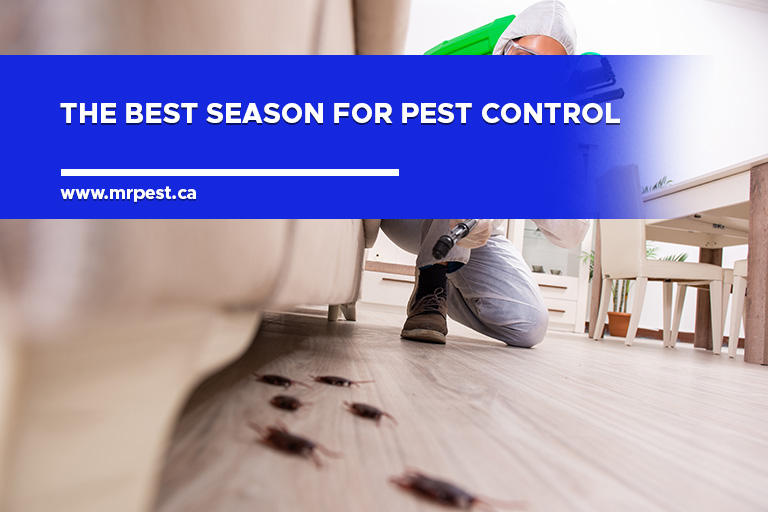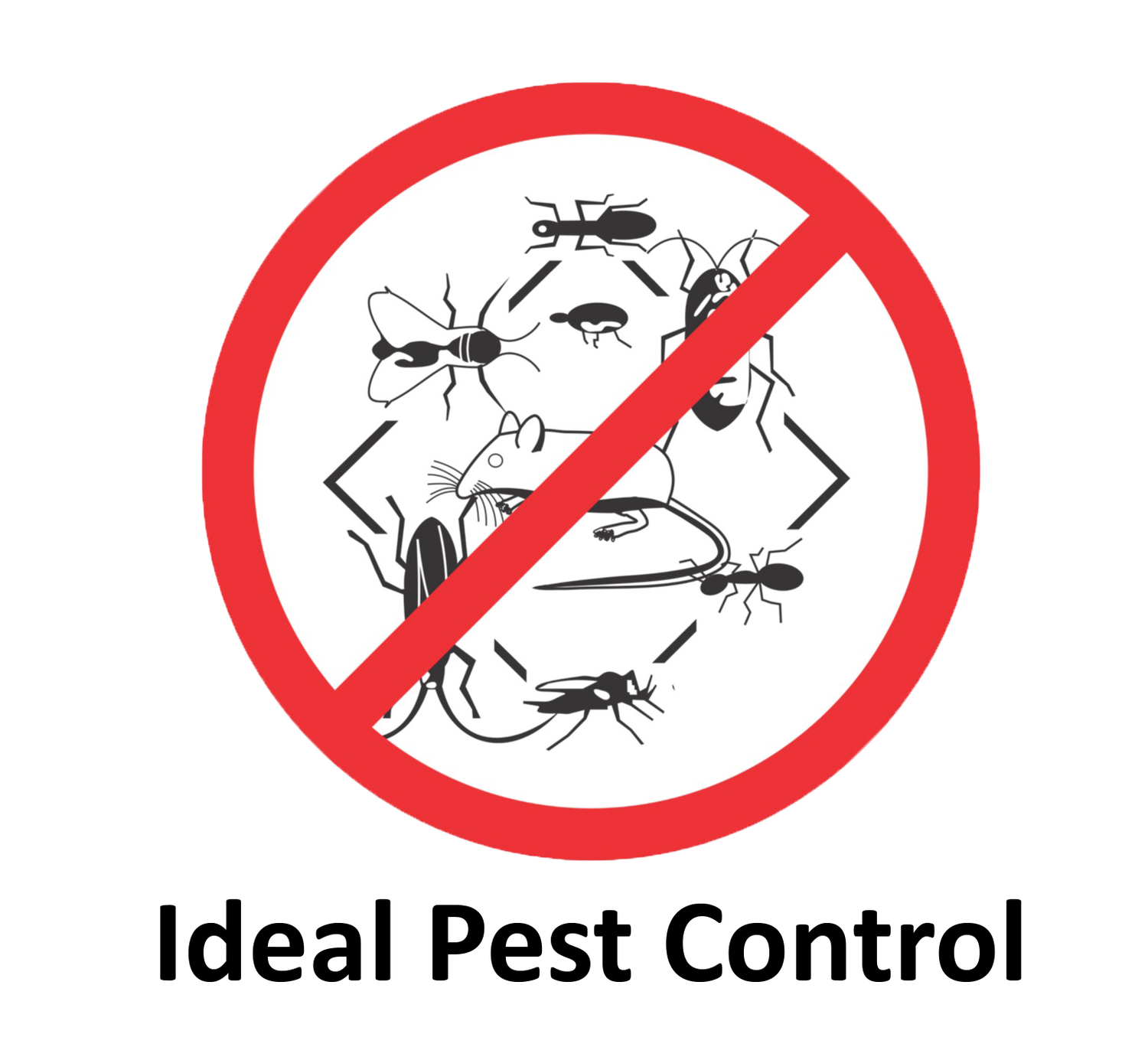Safe and Trusted Parasite Control for Lasting Security
The relevance of risk-free and dependable insect control can not be overstated, specifically in an era where ecological worries are critical. Effective bug management calls for a complex technique that balances eco-friendly integrity with the requirement for reliable bug suppression. By discovering environmentally friendly options and integrated insect management strategies, house owners can achieve enduring protection versus intrusive varieties while guarding beneficial ecological communities. The subtleties of these techniques may not be quickly clear, motivating a better exam of the techniques that can lead to lasting insect control end results. What steps can be taken to ensure both security and efficiency in parasite management?
Comprehending Bug Control Approaches
Bug control encompasses a range of approaches intended at managing and removing unwanted insects and rats that can endanger both wellness and home. Recognizing these approaches is critical for effective bug monitoring.
The main groups of parasite control techniques consist of mechanical, organic, and chemical methods. Mechanical techniques involve physical obstacles and catches to stop pest entrance and capture unwanted types. Utilizing displays on home windows or utilizing sticky catches can dramatically minimize parasite populations without presenting unsafe compounds - exterminator coquitlam.

Chemical bug control is often one of the most acknowledged technique, making use of pesticides to eliminate insects. These chemicals can be reliable yet must be utilized with care to avoid negative results on non-target varieties and the atmosphere.
Advantages of Eco-Friendly Solutions
How can environment-friendly remedies change insect control methods? The fostering of environmentally friendly parasite control approaches uses numerous benefits, significantly enhancing the effectiveness and safety of parasite management.

Another advantage is the positive influence on regional biodiversity. Environment-friendly services are made to target certain bugs while preserving beneficial pests and wildlife, advertising a balanced community. This technique aligns with the expanding consumer need for sustainable techniques, boosting the online reputation of insect control companies.
Integrated Parasite Management Strategies
The implementation of environment-friendly solutions normally results in the adoption of Integrated Parasite Management (IPM) techniques, which further improve pest control efficacy. IPM is an all natural technique that combines multiple tactics to handle pest populaces while lessening ecological impact. This method emphasizes using organic, social, mechanical, and chemical controls, making sure a well balanced and lasting method of insect management.
One essential facet of IPM is the extensive analysis of bug activity and environmental conditions. By keeping an eye on parasite populations and recognizing their life cycles, professionals can carry out targeted interventions that disrupt the pest's environment or lifecycle, lowering reliance on chemical pesticides. Additionally, cultural methods such as crop turning and habitat control can substantially decrease parasite facility and reproduction.
Another important part is using biological control agents, such as helpful insects or microorganisms, which can naturally reduce parasite populations. When chemical applications are required, IPM prioritizes the use of low-risk pesticides and applies them selectively, reducing direct exposure to non-target microorganisms and human beings.
Including IPM approaches not just improves parasite control performance however likewise advertises a safer ecosystem, straightening with the expanding need for sustainable techniques in parasite management.
Safe Practices for Homeowners
Understanding the significance of risk-free practices in bug control can encourage homeowners to efficiently take care of pest problems while securing their health and wellness and the setting. Implementing non-toxic techniques and preventive actions is crucial in reducing exposure to dangerous chemicals.
Homeowners must initially evaluate their environment for conditions that bring in bugs, such as standing water, clutter, and food waste. On a regular basis cleansing and sealing entrance points can discourage bugs from getting into the home. Making use of natural deterrents, such as crucial oils or diatomaceous earth, can offer effective alternatives to chemical pesticides.
When chemical therapies are necessary, homeowners should decide for products that are especially company website classified as risk-free for domestic usage. It is vital to comply with application guidelines thoroughly to prevent overexposure. Additionally, making use of targeted treatments in locations where bugs are identified, as opposed to covering splashing, can considerably lower chemical use.
Lastly, preserving open interaction with pest control experts is crucial. Homeowners should make inquiries about the safety and security of products used and demand green choices whenever possible. By taking on these risk-free methods, house owners can develop a much healthier living setting while effectively managing parasite problems.

Tips for Long-Term Security
Establishing a bug monitoring method that emphasizes long-lasting protection can greatly enhance the efficiency of the safe methods formerly discussed. To attain this, house owners should apply normal examinations of their residential or commercial property, concentrating on hidden areas such as attic rooms, cellars, and crawl areas. Early detection of insect activity is critical in stopping invasions from holding.
These techniques reduce attractants that attract parasites right into the home. Sealing access factors, such as fractures around doors and home windows, can successfully obstruct potential bug access.
Landscaping should additionally be thought about; keeping plants cut and preserving a range between greenery and the home reduces hiding spots for insects. Making use of all-natural deterrents, such as essential oils or diatomaceous planet, can better dissuade problems without resorting to extreme chemicals.
Finally, working together with a professional parasite control solution for periodic evaluations can provide an added layer of safety and security. These experts can provide tailored suggestions and advanced therapies, ensuring that your home stays shielded versus insects in the lengthy term.
Final Thought
In conclusion, safe and reliable insect control calls for a multifaceted method that highlights environmentally friendly approaches and integrated parasite administration. By implementing all-natural deterrents, performing normal assessments, and preserving appropriate sanitation, more tips here homeowner can significantly decrease parasite populations while shielding valuable bugs and the setting. Collaboration with professional insect control services boosts the effectiveness of these strategies, making sure tailored options that provide lasting protection and comfort against future infestations.
Efficient bug monitoring calls for a complex approach that balances ecological stability with the requirement for reliable insect reductions. The adoption of green bug control methods uses various residential rodent control advantages, dramatically enhancing the effectiveness and safety and security of parasite monitoring.The implementation of green options naturally leads to the fostering of Integrated Insect Administration (IPM) methods, which additionally improve pest control efficiency. exterminator coquitlam. By monitoring insect populaces and recognizing their life cycles, specialists can apply targeted interventions that interfere with the pest's habitat or lifecycle, lowering dependence on chemical pesticides.In verdict, risk-free and reputable bug control needs a diverse method that emphasizes green methods and integrated pest management